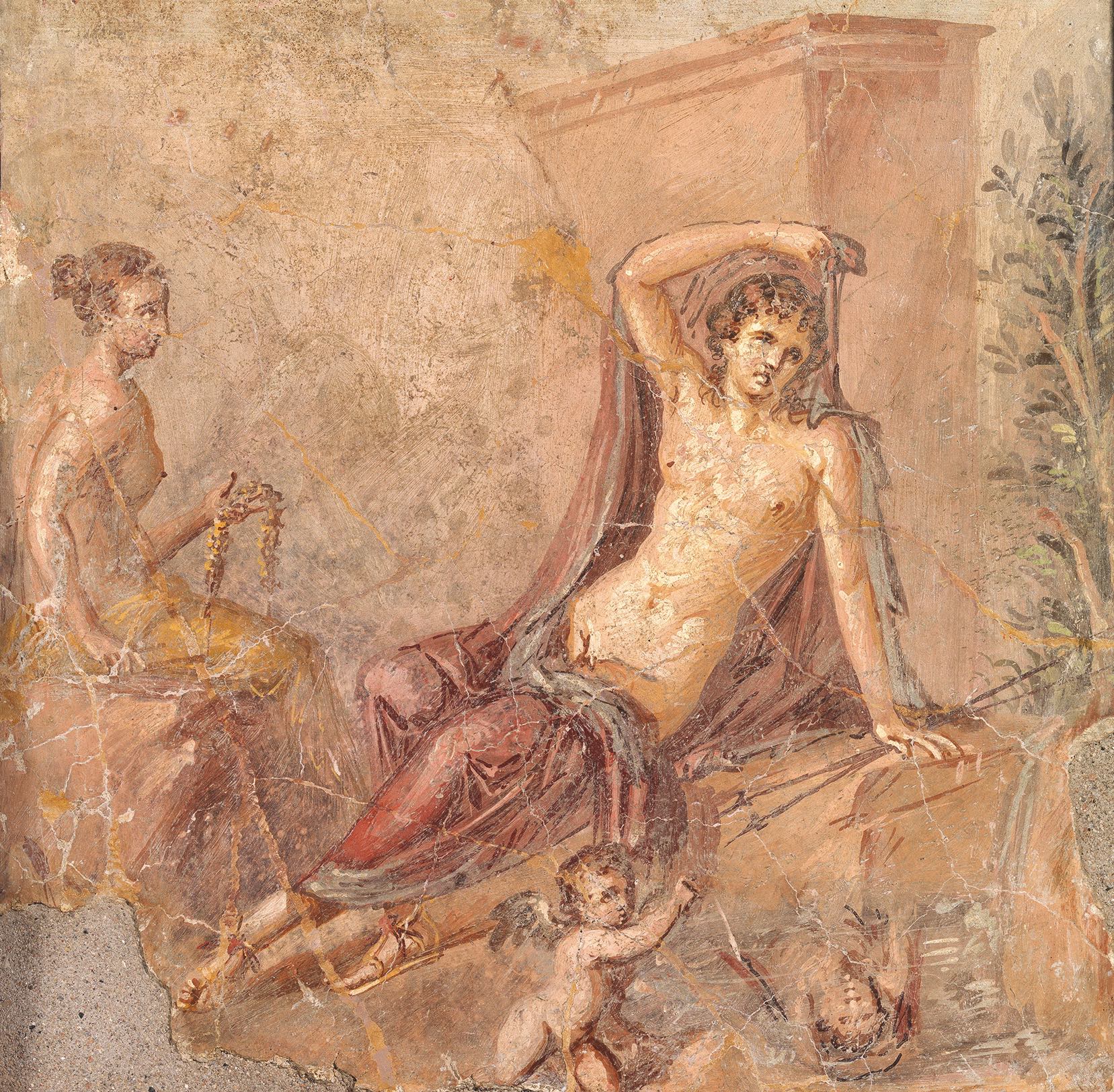When asked what it is we do, translators often resort to metaphors. We liken the act of translation to performing a piece of music, taking on a role in a play, kissing a bride through a veil or building bridges between cultures. But as the peerless Norwegian translator Damion Searls has said, when we sit down to work ‘there’s no metaphor at all really. The metaphors are just for interviews, or for talking with people about what translators do’.
In this series of passionate, thoughtful essays, Jhumpa Lahiri uses metaphors, and more especially Ovid’s Metamorphoses, to explore the nebulous, almost ineffable nature of living between languages. The book is also a memoir, which strives to make sense of the shape-shifting she first experienced as a child when she slipped between the Bengali spoken by her parents and the English of the United States, where she grew up. As she tellingly observes: ‘I was a translator before I was a writer.’
Language also offers Lahiri a sanctuary, a haven. Her relationship with Italian was not the result of happenstance, as is the case for many translators, nor is it an accident. Instead, during a challenging period of her life, she made the conscious decision to ‘run away’ to Italy, there to ‘take refuge in the Italian language in search of freedom and happiness’. She joins a group of authors (Beckett, Nabokov, Conrad and others) who, having left their homelands, elected to write in their adopted languages.

The translator’s responsibility is as ‘grave and precarious as that of a surgeon trained to transplant organs’
Whatever her personal reasons – and Lahiri does not dwell on them – it has been an artistically rewarding decision.







Comments
Join the debate for just £1 a month
Be part of the conversation with other Spectator readers by getting your first three months for £3.
UNLOCK ACCESS Just £1 a monthAlready a subscriber? Log in